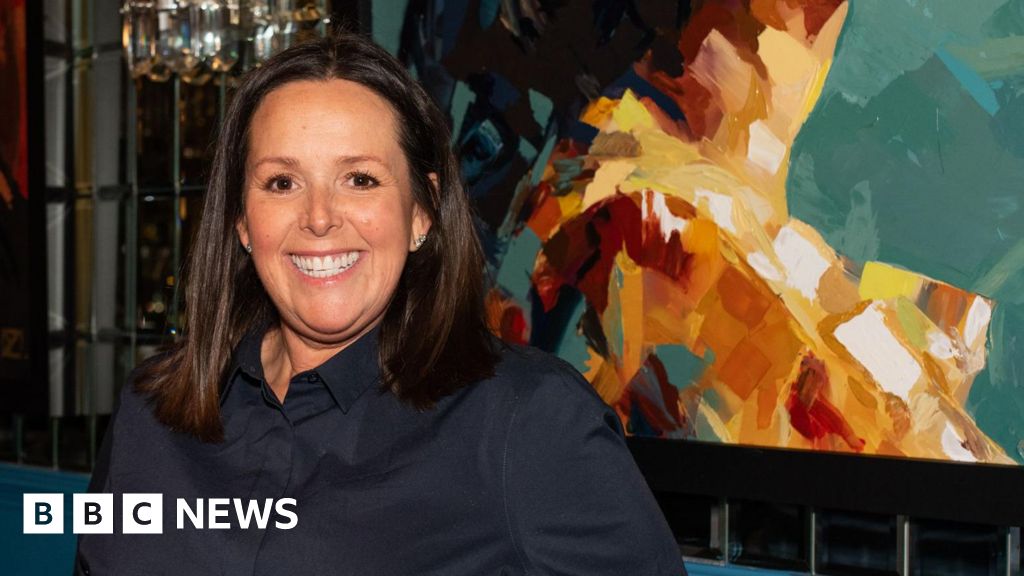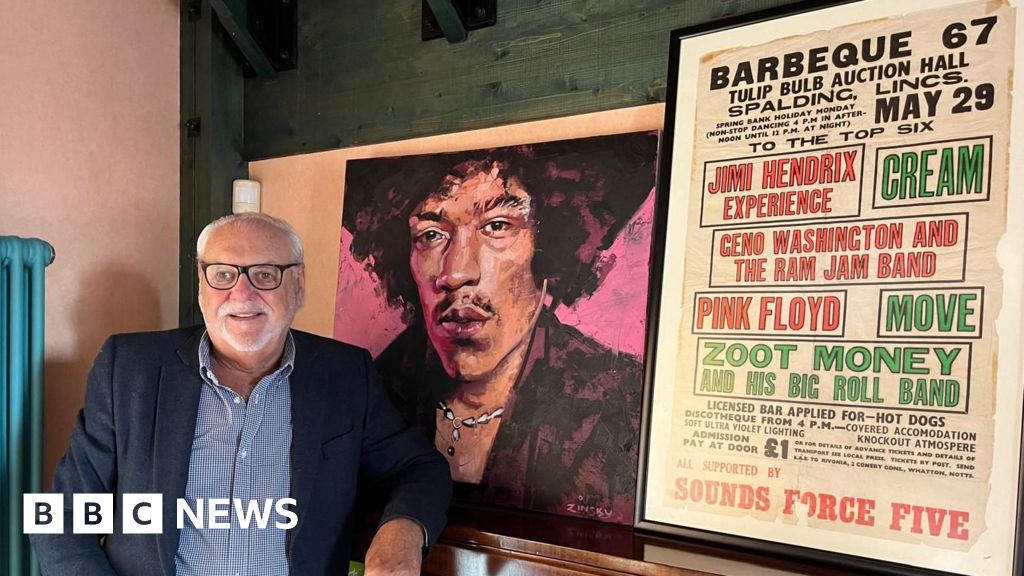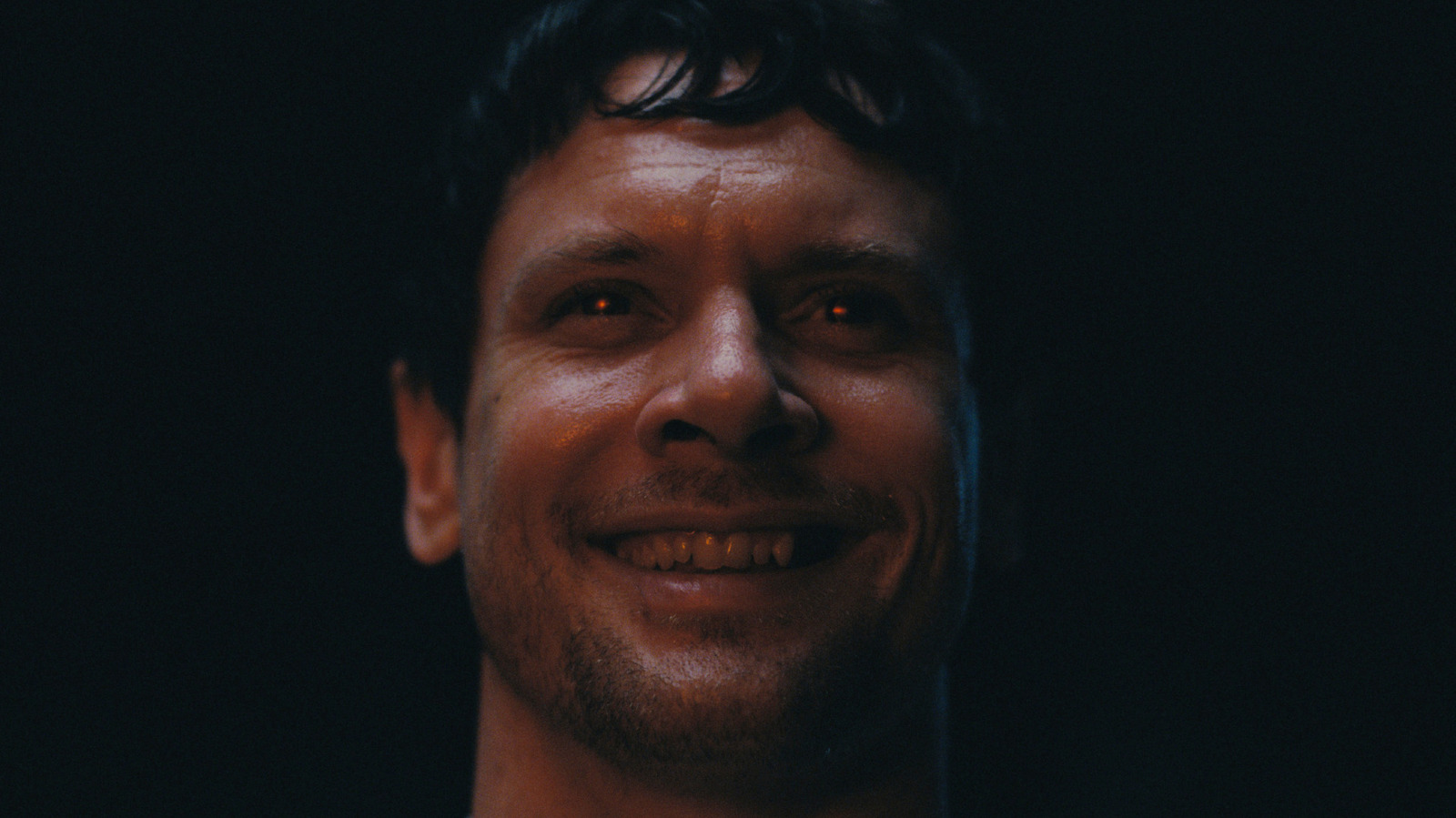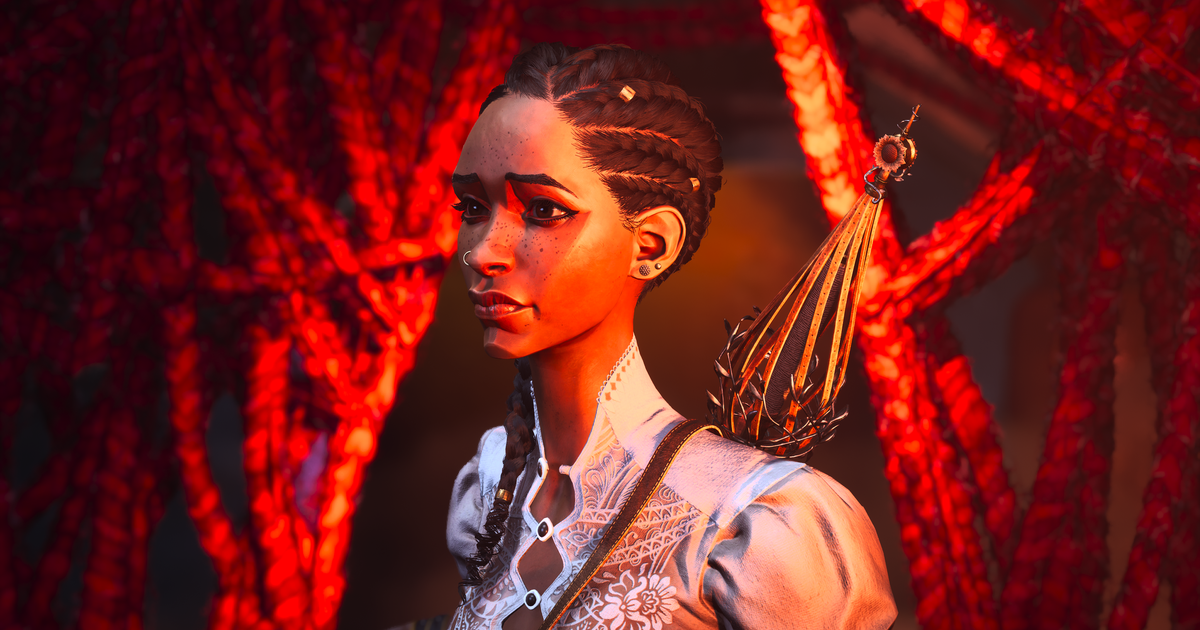Miss Ivory Coast Pageant Challenges Beauty Norms with Wig Ban

For years, the vibrant beauty pageants in Ivory Coast have been dominated by long, flowing wigs and elaborate weave extensions, showcasing a style that has become synonymous with beauty in the West African nation. Contestants have often invested significant amounts of money into their appearance, from stunning outfits to luxurious hairstyles, with very few opting for a natural look.
In the history of pageantry in Ivory Coast, spanning over six decades, there have been only two notable instances of winners choosing a natural hairstyle. The most recent of these was Marlène-Kany Kouassi, who proudly donned short natural hair when she claimed the Miss Ivory Coast title in 2022. Her crowning moment not only challenged local beauty standards but also highlighted a global trend where Western ideals often dictate what constitutes beauty in pageant competitions.
However, a notable shift is underway as the organizers of the Miss Ivory Coast competition are taking bold steps to embrace a more natural representation of beauty. This year, they have implemented a groundbreaking rule banning wigs, weaves, and hair extensions during the preliminary stages of the contest. These preliminary rounds take place across 13 cities in Ivory Coast and two international locations to accommodate contestants from the diaspora.
Victor Yapobi, president of the Miss Ivory Coast organizing committee, emphasized the decision to promote authenticity among contestants. “We want the candidates to be natural—whether they choose braids or straightened hair, it should be their own,” he stated in an interview with the BBC. “Beauty must be raw.”
The ban on artificial hair may surprise some, including contestants like Astrid Menekou, who admitted to being a fan of wigs. “I didn’t expect this rule!” she expressed. Despite her initial shock, she later reflected on embracing her natural appearance.
In a unique move, Ivory Coast stands out as the only African nation to impose such a restriction in its national beauty pageant. Mr. Yapobi noted that the organizers have been advocating for a shift toward showcasing more natural beauty for some time. They have also discouraged cosmetic surgery and frowned upon the use of skin-lightening products, aiming to foster a more positive body image among contestants.
Other significant changes have also been introduced for this year’s competition, including an adjustment to the height requirement, which now allows slightly shorter contestants to participate at a minimum height of 1.67 meters (5.4 feet). Additionally, the maximum age limit has been raised to 28 years, and the entrance fee has been reduced by more than $30 to a more accessible $50. This move was made in response to concerns that the financial burden of participation was becoming overwhelming for many aspiring contestants.
During the preliminary rounds in Daloa, the vibrant capital of the Haut-Sassandra region, many contestants expressed their enthusiasm for the new rules. Emmanuella Dali, a 21-year-old real estate agent, shared her excitement about the chance to compete without the pressure of wearing wigs. “This rule gives me more pride as a woman—especially as an African woman,” she declared.
The introduction of the all-natural hair rule has sparked a spirited conversation across Ivory Coast, a country where wigs and extensions have become popular fashion statements. Women often choose these styles for their versatility, allowing for creativity while also serving as “protective styles” that help minimize damage to natural hair.
Contestants such as Laetitia Mouroufie, a 25-year-old student, reflected on the impact of the new rules on their perceptions of beauty. “Last year, I had extensions because I thought that’s what beauty meant,” she said. “This year, I feel more confident being myself.”
However, the changes have raised concerns within the local hairdressing industry. Ange Sea, a 30-year-old salon owner in Daloa, expressed her worries that the new rule could negatively impact her business. “Many women love wigs. This will hurt our business,” she lamented, noting that the wig industry in Ivory Coast is valued at over $300 million, with wigs and weaves comprising a significant portion of that market.
Despite the potential economic repercussions, the pageant’s organizers believe that promoting natural beauty could have broader societal implications. Discussions continue about whether beauty pageants should dictate beauty standards or if women should have the autonomy to choose their own expressions of beauty.
As the preliminary rounds progress, the debate continues regarding the acceptance of various beauty standards in Ivory Coast. Victor Yapobi has reported overwhelmingly positive feedback regarding the changes, stating, “Everyone congratulates us, even from abroad. I receive messages from everywhere commending us for wanting to return to our roots.”
As the competition approaches its final stages, it remains to be seen whether the ban on wigs will extend to the 15 finalists competing for the Miss Ivory Coast 2025 title, set to be held at a hotel in Abidjan this June and broadcast nationally.
For Doria Koré, who was crowned Miss Haut-Sassandra, her victory symbolizes more than just a title; it serves as a testament to the beauty of African heritage. As Emmanuella Dali poignantly noted, “I didn’t win, but I feel proud. This is who I am.”
Through this evolution, Miss Ivory Coast is not just about beauty; it’s a movement toward self-acceptance and a celebration of African identity.
Additional reporting by the BBC's Nicolas Negoce and Noel Ebrin Brou in Abidjan.
For more news from the African continent, visit BBCAfrica.com.
Follow us on social media: Twitter, Facebook, and Instagram.



























